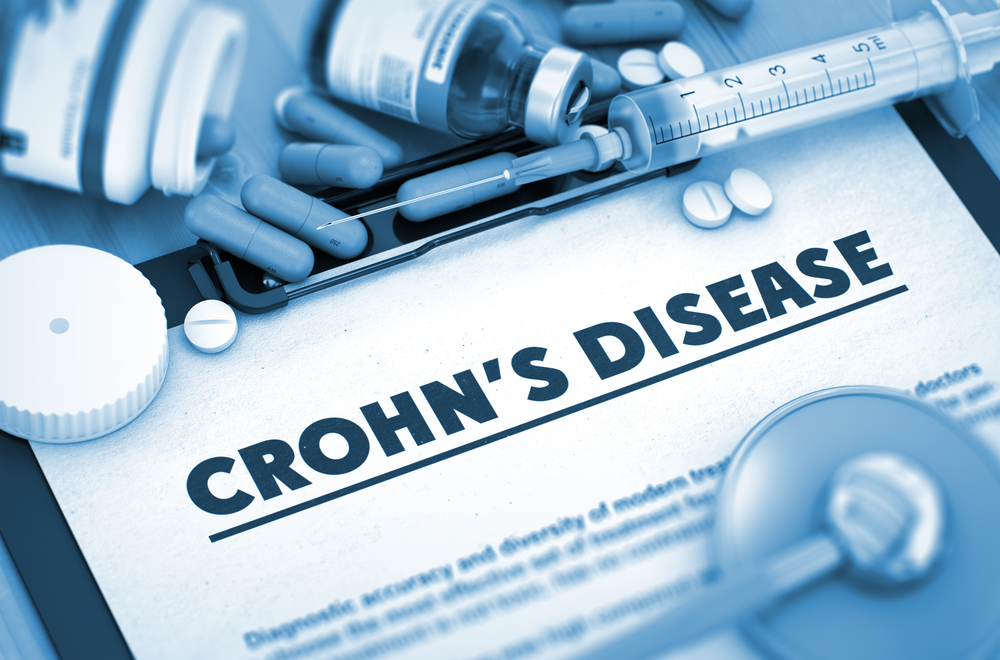Once you are diagnosed with Crohn’s disease or ulcerative colitis, there are many changes that you require to make. Crohn’s disease or inflammatory bowel disease (IBD) is a chronic condition that causes inflammation of the digestive tract and can occur anywhere from the mouth to the anus.
If you have Crohn’s disease, then you are not allowed to take your diet as granted. IBD directly affects the digestive system, diet, and nutrition impacted in a variety of ways. It makes the food choices more complicated for you since certain food items may worsen symptoms. Patients must pay attention towards avoiding foods that trigger disease symptoms.

Also Read: Did you Pick your Glass of Green Tea this Morning?
Additionally, it is important for your health to learn about making healthy food choices, maintain a well-balanced diet full of nutrients, and to replace nutritional deficiencies. This document will help you explain the impact of IBD on your diet and provides tips and ways to improve your overall health, as well as help you minimize all your diet related issues and enjoy what you eat.
Crohn’s disease and its symptoms:
Crohn’s disease belongs to a group of conditions known as IBD. These health issues are known to cause chronic inflammation in the gastrointestinal tract, where digestion and absorption take place. In IBD patients the immune system reacts inappropriately, which leads to inflammation and this inflammation disrupts the functioning of the gastrointestinal tract. Ongoing inflammation leads to common symptoms such as diarrhea, unintentional weight loss, fatigue, stomach pain, and loss of appetite, blood in your stool, tiredness, cramps, and rectal bleeding.
Treatment
There is no cure for chron’s disease. However, treatment can be suggested to help ease Crohn’s disease symptoms. A Crohn’s disease treatment is focused on resolving inflammation and to help calm your gastrointestinal tract. There are three types of treatment available for chron’s disease care:
- Diet-Patients with IBD are advised to consume healthy and nutritious diet. Further advice would depend on your circumstances and condition; therefore options are discussed according to them.
- Medication-Various Crohn’s disease medicines are available in the pharmaceutical industry to reduce the symptoms. You can discuss these with your healthcare professional.
- Surgery-In some cases, surgery is required. Again the concept of surgery depends on the condition of the patient. If you have any concerns about the topic, you can discuss with your health care professional to know more about the procedure.
Impact of IBD in maintaining a healthy diet
- IBD patients may face trouble maintain healthy nutrition for a variety of reasons, including complications, symptoms, and Crohn’s disease medications. During a flare up, IBD symptoms can negatively impact nutrition.
- Diarrhoea can cause dehydration, which makes your body deficient of essential fluids, nutrients, and electrolytes. Patients with Crohn’s disease also have a complaint of loss of appetite, which makes it hard for a patient to consume calories and obtains nutrients needed by the body to function well.
- Also, the need to have numerous bowel movements daily may cause an IBD patient to shy away from eating too much to avoid flare-ups. While, if you eat too little this will put you at high risk for being malnourished.
- Inflammation caused by IBD can disrupt the absorption of nutrients in the small intestine. This is known as malabsorption.
Things that need to be asked to your nutritionist
- Eat well Guide-What you need to ask your nutritionist is about the “eat well guide” to help get the right balance and to ensure you consume a variety of foods to reduce your chron’s disease symptoms.
- Body weight-Your body weight plays a significant role. Ask your health care professional about your body mass index (BMI). This will help you maintain a healthy body weight. If you have a healthy BMI between 20 to 25, you must maintain this weight for a lifetime.
Also Read: Calcium is vital for strong bones
- What to eat when unwell-If IBD symptoms causing trouble, your nutrition can be affected and your appetite may reduce. As a consequence, you may experience muscle wasting, unwanted weight loss, and fatigueness. If you have a poor appetite, it is necessary to get the nutrition required by your body to minimize further losses and to maintain your overall heal



